One of the methods of manipulation is to inoculate individuals with the bourgeois appetite for personal success
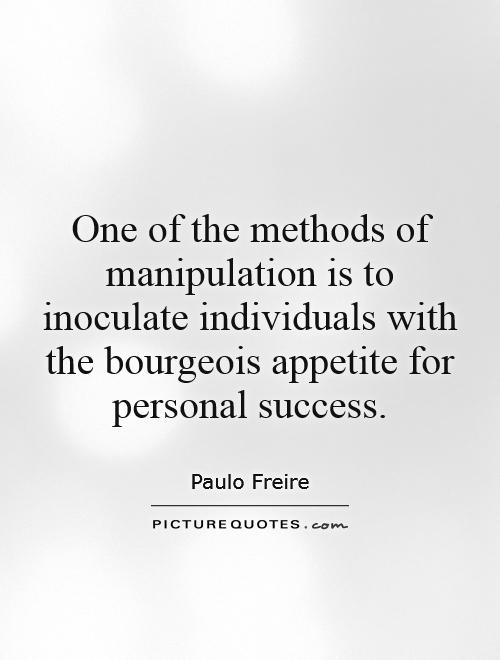
One of the methods of manipulation is to inoculate individuals with the bourgeois appetite for personal success
Paulo Freire, a Brazilian educator and philosopher, is best known for his critical pedagogy and his work on the concept of conscientization. In his seminal work, "Pedagogy of the Oppressed," Freire explores the ways in which individuals are manipulated and oppressed by systems of power and domination. One of the key methods of manipulation that Freire identifies is the inoculation of individuals with the bourgeois appetite for personal success.Freire argues that in capitalist societies, individuals are conditioned to believe that personal success is the ultimate goal and measure of worth. This ideology is perpetuated through various institutions, such as the media, education system, and government, which promote the idea that success is achieved through individual effort and competition. By internalizing this belief, individuals are led to prioritize their own success above all else, often at the expense of others.
The bourgeois appetite for personal success serves to maintain the status quo and perpetuate inequality. Those who are able to achieve success are seen as deserving of their wealth and privilege, while those who fail to do so are blamed for their own shortcomings. This individualistic mindset prevents people from recognizing the structural barriers that prevent them from achieving success and perpetuates a culture of blame and shame.
Freire argues that this focus on personal success is a form of manipulation that serves to keep individuals docile and compliant. By convincing people that their worth is tied to their ability to succeed in a competitive society, those in power are able to maintain control and prevent any challenges to the existing social order. This manipulation is particularly insidious because it is so deeply ingrained in the cultural consciousness that many people are unaware of its influence on their beliefs and behaviors.



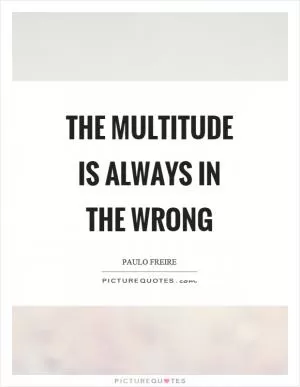
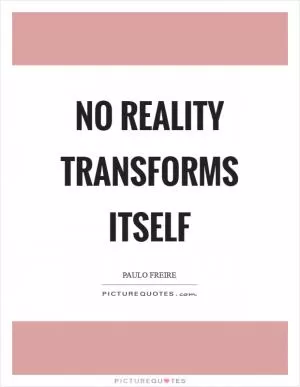



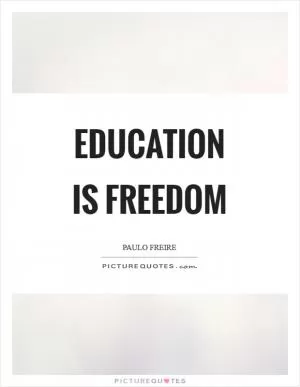
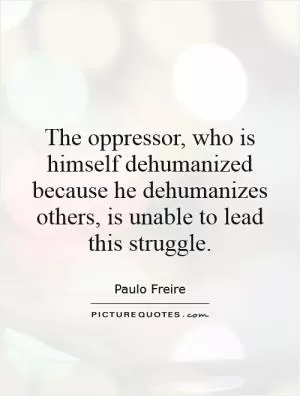
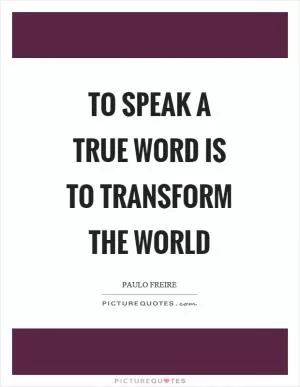

 Friendship Quotes
Friendship Quotes Love Quotes
Love Quotes Life Quotes
Life Quotes Funny Quotes
Funny Quotes Motivational Quotes
Motivational Quotes Inspirational Quotes
Inspirational Quotes